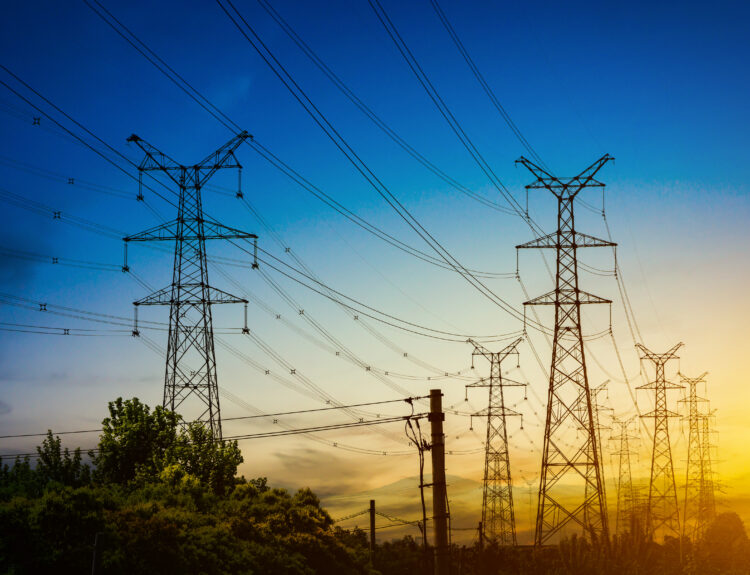So, you’re in the market for a new home? Before you take the plunge, let’s talk about home inspections – a crucial step in the home-buying process that can save you a lot of stress and money down the line.
Buying a home is basically investing in the future. You want that future to be stable and happy, right? That’s where home inspections come in—they’re the super-detailed check-up before you commit. They help you uncover any hidden issues lurking behind those fresh paint jobs or fancy tiles. From electrical quirks to plumbing problems or structural surprises, inspections give you peace of mind. It’s like making sure your dream home isn’t just a pretty face but a solid investment for the long haul. A home inspection is like a thorough health check-up for your potential new property. It’s all about ensuring that the house is in good shape and doesn’t hide any nasty surprises beneath its walls.
During a home inspection, focus on things like
- Foundation and Structural Integrity: Check for any signs of water damage, uneven flooring, signs of cracks or settling, in the basement especially around the base of the house. These could indicate ongoing issues with the foundation.
- Roof and Attic: Take a good look at the roof. Are there missing or damaged shingles? Check the gutters too, clogged or damaged gutters can lead to water damage. Make sure to check for proper ventilation in the attic and signs of leaks or water damage.
- Electrical System: Test light switches and outlets throughout the house. Check the electrical panel for any signs of overheating or outdated wiring. Make sure there is adequate electrical panel capacity.
- Plumbing System: Turn on faucets and flush toilets. Look under sinks for any leaks in pipe and fixtures or water stains, Condition of water heater and age plumbing system. Low water pressure could indicate plumbing problems.
- HVAC System (Heating, Ventilation and Air Conditioning): Run the air conditioner to make sure they’re working properly, the functionality of heating and cooling systems. Check the vents and filters too.
- Interior and Exterior walls: Look closely at the siding. Cracks, holes or spots where the material is coming loose could mean water is getting in.
- Appliances and Fixtures: Test the condition and functionality of kitchen appliances, dishwashers, operational status of bathroom fixtures and other appliances to ensure they’re in working order. Don’t forget the water heater!
- Safety features: Make sure the staircases and railing are safe, presence of fire extinguishers, working smoke detectors and emergency exits
- Environmental concerns: Proper waste disposal systems and signs of water contamination or poor air quality shouldn’t be overlooked.
- Ceilings and walls: Look up for stains or cracks that might suggest leaks or structural issues. Mold or mildew could be signs of ventilation problems.
These things are super important for a house to stay strong. Checking them out carefully can help you make smart choices about the house and can reveal a lot about its overall condition. If you discover any of this, it’s a red flag!
While you might have a keen eye, it’s highly recommended to hire a professional home inspector. By getting a new home inspection, their trained eye can unveil issues that may escape the untrained observer. You’re protecting yourself and making sure you are getting a great deal. Knowing what’s up with the house can help you talk about the price and make sure you are getting a sweet home
These experts have the knowledge and experience to spot issues that you might overlook. Investing in a comprehensive inspection now can provide you with peace of mind and potentially save you from costly repairs in the future.
Here are the Importance of Home Inspection:
- Uncover Hidden Problems: Inspections can reveal issues that may not be visible during a casual walk-through, such as structural damage, plumbing issues, or electrical problems.
- Safety Concerns: Identifying hazards like Mold, asbestos, and radon ensures the property is safe for habitation.
- Negotiation Tool: The inspection report can be used to negotiate repairs or a lower purchase price with the seller.
- Budget Planning: Knowing the condition of the home helps buyers plan for future repairs and maintenance costs.
- Peace of Mind: Ensures that buyers are making an informed decision, reducing the risk of unexpected repairs and associated costs.
By conducting a thorough home inspection, you’re not only protecting yourself but also arming yourself with valuable information for negotiations. Knowing the true condition of the house empowers you to make informed decisions and ensures that you’re getting a fair deal.
In the dynamic world of real estate, a home inspection is key to making a wise investment, safeguarding your interests, and ultimately finding your dream home in this vibrant market.
In conclusion, a home inspection is not just a formality but a shield of protection for both buyers and sellers. It’s a wise investment that paves the way for a smooth and secure real estate transaction. Remember, knowledge is power, especially when it comes to one of the most significant decisions in life!







